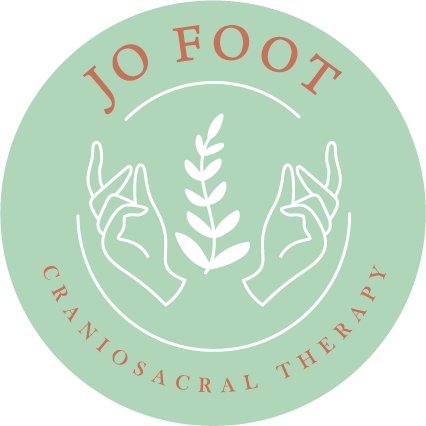Stress
It is estimated that approximately 11.3 million working days were lost in 2013/14 due to stress or anxiety. Many of the adult clients who come to me may be experiencing high levels of stress – whether from current or past situations – and often because varying symptoms present, clients are not always aware that stress is at the root of their problem.
Stress stimulates changes in the body, such as the release of chemicals or the activation of the inflammatory response. Our bodies are usually very efficient at maintaining homeostasis in the face of many challenges, but when the burden of either external or internal stress becomes too great, this automatic self-regulation fails, and symptoms arise.
Signs of excess stress can be complex and confusing. They may manifest both physically and/or psychologically, and do not necessarily make sense to the person experiencing them. Clients may report diverse symptoms such as headaches or stomach problems, and at the same time they may tell me they feel anxious and/or restless. Other health issues can include neck and back pain, tight jaw, heart palpitations, feeling anxious, being overwhelmed, extreme fatigue, feeling awful for no reason, low immune system, powerlessness and pain.
The good news is that Craniosacral Therapy is great at alleviating stress.
It allows the body to slow down and connect with a deep stillness, inviting space, peace, tranquillity, harmony, lightness, release of tension and balance. This then promotes a sense of relief, relaxation, acceptance and clarity, as well as a deep connection to one’s self and the world around us. After a Craniosacral Therapy session almost everyone says how relaxed they feel.
These described benefits of Craniosacral Therapy have potent effects on stress relief. It allows us to feel healthier, become more resilient and it increases our capacity to deal with the challenges of life. Clients start to know how to listen to and trust their bodies, their boundaries and feel safe.
As well as Craniosacral Therapy, stress can be managed by including the following elements into your life; exercise, healthy eating habits, sleep, meditation, and limiting stress in your life.
Trauma
When we experience trauma, or something our brains perceive as life threatening or traumatic. We are given three choices: fight, flight or freeze. In order to prepare ourselves for any of these options our bodies flood with energy such as adrenaline. Once the threat has passed, we need time to discharge this energy. However very often, trauma is not given the time it needs to leave the body physically. Therefore enabling this stored energy, over time, to start to dysregulate the nervous system.
When our nervous system is dysregulated, we can become less able to cope with the normal ups and downs of life. The energy can remain long after the traumatic event has passed and can have far reaching effects in our lives and relationships. Sometimes this stored energy or emotions is unable to be accessed easily in talking therapies. Craniosacral therapy can help address the trauma from a physical perspective.


